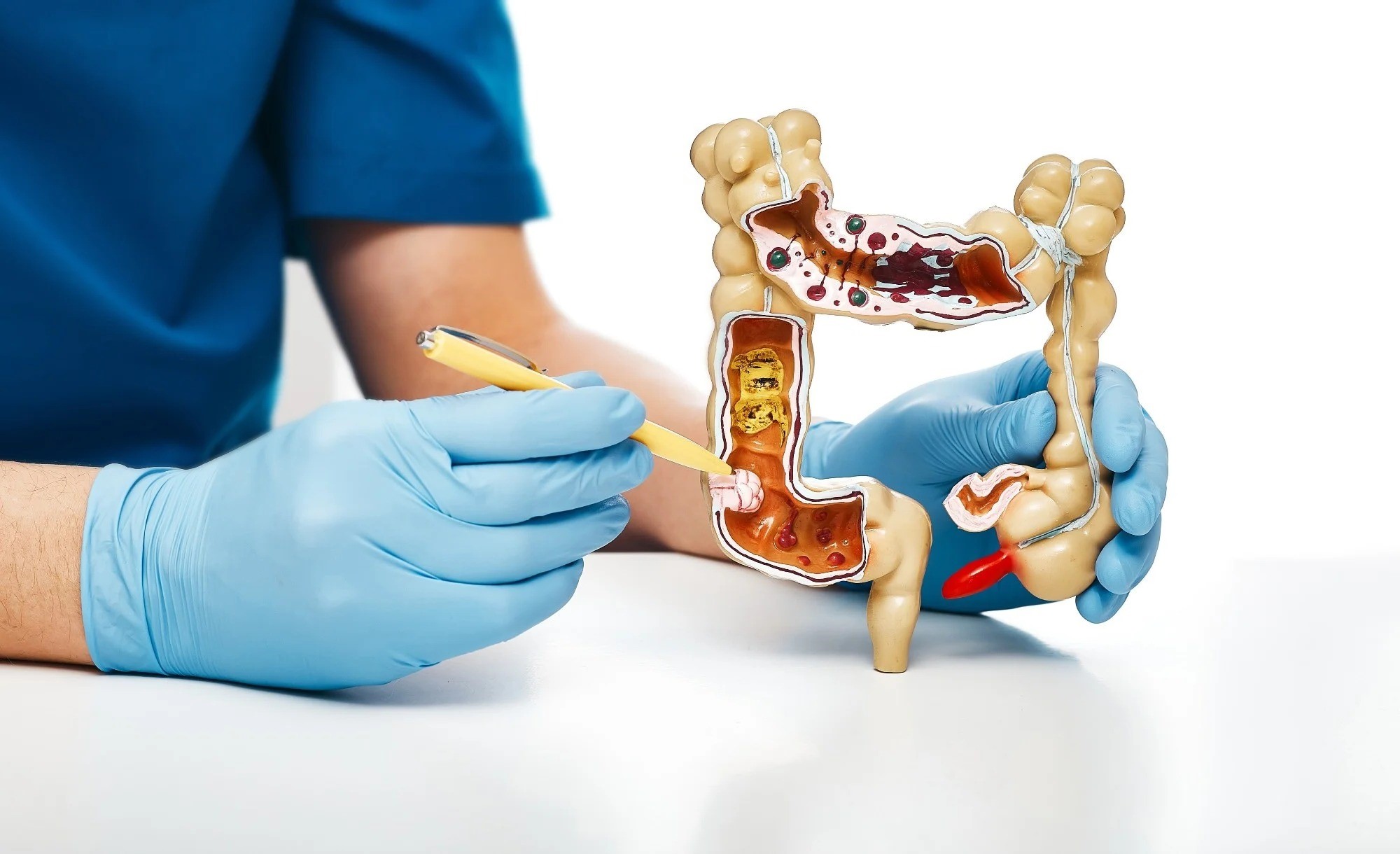
Understanding colorectal cancer is crucial for everyone, not just those directly affected. This condition, involving the colon or rectum, is a leading cause of cancer-related deaths worldwide, yet many remain unaware of its key aspects. Colorectal cancer often starts from polyps in the colon or rectum, which can turn cancerous over time. Early detection through screening can significantly reduce the risk of severe outcomes, making knowledge about this disease vital. In this blog post, we'll unveil 20 essential facts about colorectal cancer, covering its causes, risk factors, symptoms, and prevention strategies. Our aim is to equip you with information that could potentially save lives, emphasizing the importance of awareness and proactive health management.
Understanding Colorectal Cancer
Colorectal cancer affects the colon or rectum. It's crucial to know the facts to stay informed and proactive about health.
- Colorectal cancer is the third most common cancer worldwide.
- It often starts as small, benign clumps of cells called polyps.
- Polyps can take 10-15 years to turn into cancer.
- Early stages of colorectal cancer usually show no symptoms.
- Regular screening can detect polyps before they become cancerous.
Risk Factors
Certain factors can increase the risk of developing colorectal cancer. Knowing these can help in taking preventive measures.
- Age is a significant risk factor; most cases occur in people over 50.
- A family history of colorectal cancer increases risk.
- Diets high in red and processed meats can contribute to higher risk.
- Obesity is linked to an increased risk of colorectal cancer.
- Smoking and heavy alcohol use are also risk factors.
Symptoms to Watch For
Recognizing symptoms early can lead to timely diagnosis and treatment. Here are some common signs.
- Persistent changes in bowel habits, such as diarrhea or constipation.
- Blood in the stool or rectal bleeding.
- Abdominal discomfort, such as cramps or pain.
- Unexplained weight loss.
- Fatigue and weakness.
Prevention and Screening
Preventive measures and regular screenings are key to reducing the risk of colorectal cancer.
- Eating a diet rich in fruits, vegetables, and whole grains can lower risk.
- Regular physical activity helps maintain a healthy weight.
- Screening methods include colonoscopy, stool tests, and sigmoidoscopy.
- The American Cancer Society recommends starting regular screenings at age 45.
- Early detection through screening significantly improves survival rates.
A Final Word on Colorectal Cancer
Understanding colorectal cancer is crucial for early detection and effective treatment. With advancements in medical science, survival rates have improved significantly, especially when caught early. Regular screenings, a healthy lifestyle, and being aware of risk factors can make a big difference. Remember, knowledge is power. By staying informed and proactive about your health, you can take important steps to prevent or fight colorectal cancer. Let's spread awareness and encourage those around us to take their health seriously. Together, we can face this challenge head-on and work towards a future where colorectal cancer no longer poses such a significant threat to our lives and the lives of our loved ones. Stay vigilant, stay informed, and never underestimate the importance of early detection.
Was this page helpful?
Our commitment to delivering trustworthy and engaging content is at the heart of what we do. Each fact on our site is contributed by real users like you, bringing a wealth of diverse insights and information. To ensure the highest standards of accuracy and reliability, our dedicated editors meticulously review each submission. This process guarantees that the facts we share are not only fascinating but also credible. Trust in our commitment to quality and authenticity as you explore and learn with us.


